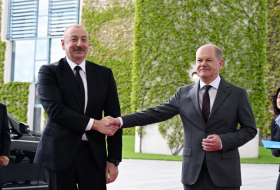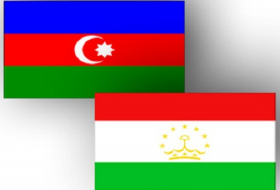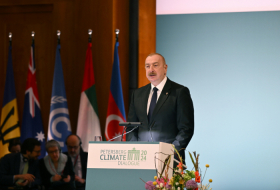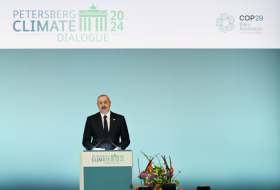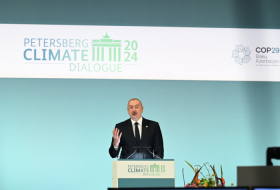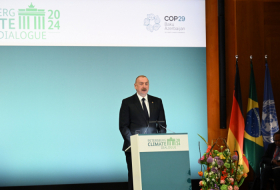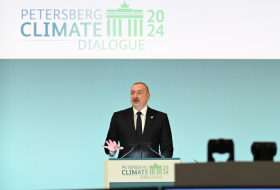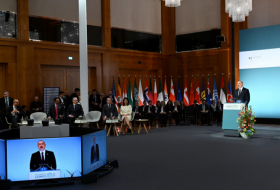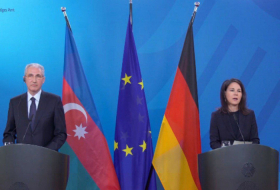New and established QAnon groups on Facebook are growing at a rapid pace and helping to spread the baseless and dangerous conspiracy theory to new countries around the world, a Guardian investigation has found.
The Guardian has documented more than 170 QAnon groups, pages and accounts across Facebook and Instagram with more than 4.5m aggregate followers. The Guardian has also documented dedicated communities for QAnon followers in at least 15 countries on Facebook.
The growth in the QAnon Facebook communities has come as rival social media platform Twitter undertook a broad crackdown on content and accounts dedicated to the conspiracy theory, citing the movement’s “clear and well-documented informational, physical, societal and psychological offline harm”.
At the time of Twitter’s crackdown, anonymous sources told the New York Timesthat Facebook was planning to take “similar steps” at some point this month. In the meantime, Facebook’s recommendation algorithm has continued to promote QAnon groups to users and some groups have experienced explosive growth.
QAnon is a baseless internet conspiracy theory whose followers believe that Donald Trump is waging a secret war against a “deep state” cabal of Democrats and Hollywood celebrities engaging in pedophilia and sex trafficking. The theory evolved from the 2016 “pizzagate” conspiracy theory and has grown to have real-world political impact. Numerous QAnon adherents are running for elected office as Republicans; the FBI has identified QAnon as a potential domestic terrorism threat.
In late June, the Guardian reported that the QAnon community on Facebook included more than 100 Facebook pages, profiles, groups and Instagram accounts with at least 1,000 followers or members each. The largest of those groups had more than 150,000 followers or members, and overall the accounts, groups and pages counted more than 3m aggregate followers or members.
As of Sunday 9 August, the aggregate following of those previously documented groups, pages and accounts had grown by 34% to over 4m. The largest groups have grown to include more than 200,000 members.
The Guardian also documented an additional 73 groups and pages dedicated to QAnon with at least 1,000 followers or members each. Many of those 73 groups are brand new – founded in May 2020 or later – and they have already amassed an aggregate following of more than 560,000 people.
These newer groups and pages also demonstrate the spread of QAnon around the world. They include groups dedicated to QAnon followers in the United Kingdom, Northern Ireland, Canada, Australia, Mexico, Brazil, Germany, Poland, the Netherlands, Bulgaria, Hungary, the Czech Republic, Romania, Serbia and Slovenia. The largest international QAnon groups documented by the Guardian were German, Italian, Polish, Dutch, Australian and British.
“Enforcing against QAnon on Facebook is not new: we consistently take action against accounts, Groups, and Pages tied to QAnon that break our rules,” a Facebook spokesperson who asked not to be identified by name due to safety concerns said in a statement. “Just last week, we removed a large Group with QAnon affiliations for violating our content policies, and removed a network of accounts for violating our policies against coordinated inauthentic behavior. We have teams assessing our policies against QAnon and are currently exploring additional actions we can take.”
The removed group had nearly 200,000 members and was banned for repeated violations of Facebook’s rules against bullying, harassment, hate speech and harmful misinformation. A spokesperson at the time confirmed that the removal was a “one-off” enforcement action and not part of any broader policy shift. The network removed for coordinated inauthentic behavior was relatively tiny, with just 1,600 followers on Facebook and 7,200 on Instagram.
An internal investigation by Facebook found thousands of QAnon groups and pages with more than 3m aggregate followers, NBC News reported Monday. Those figures were part of the preliminary results of an investigation into QAnon by Facebook employees obtained by NBC News. Facebook has been looking into QAnon “since at least June”, according to the report.
“The response from all social platforms to the harm and threat of QAnon has been slow and anemic,” said Travis View, a researcher and co-host of QAnon Anonymous, a podcast that documents and debunks QAnon. “But Facebook stands alone in how much it has enabled this conspiracy theory driven extremist community.”
Facebook stands alone in how much it has enabled this conspiracy theory driven extremist community
“Not content with merely hosting QAnon propaganda, Facebook continues to recommend QAnon groups to users, essentially providing free marketing for a movement that has already inspired people to commit terrorism, murder and conspiracy to commit kidnapping,” View added.
Facebook is considering an approach to QAnon similar to its policies on anti-vaccine propaganda, according to NBC News. Such an approach would likely involve removing groups from search results and Facebook’s recommendation algorithms rather than banning them outright.
Brian Friedberg, a senior researcher at the Harvard Shorenstein Center’s Technology and Social Change Project, warned that Facebook needs to be incredibly careful about how it manages any crackdown on QAnon, especially with the election approaching. Since QAnon adherents already believe that the truth of secret pedophile cabals is being suppressed by the liberal media, a crackdown could serve to only reinforce unfounded beliefs.
“We want to stop QAnon because it’s degrading trust in our institutions, spreading medical misinformation and potentially fostering violent extremism,” Friedberg said. “Without an explanation as to why QAnon content is being banned, this is not going to do anything to deter the beliefs of the communities.”
Friedberg said that effectively combating QAnon will likely require “factual interventions” from conservative media outlets and leaders who are trusted by those most likely to believe in QAnon – older, white, conservative Evangelical Christians.
“As QAnon seems to be largely centered around support for Trumpian politics, there needs to be intervention from the conservative members of their trusted partners,” he said. “What if PragerU decided to do a two-week long series debunking QAnon?”
“The goal isn’t the suppression of speech,” he added. “The goal is rebuilding trust in our institutions and electoral politics.”
Disclaimer: The information contained in this article does not necessarily reflect the official policy or position of AzVision.az news portal.
More about: Facebook










